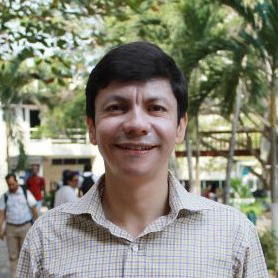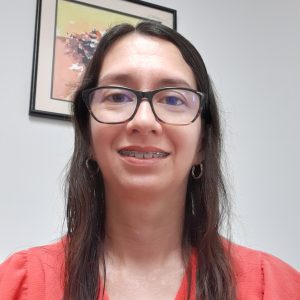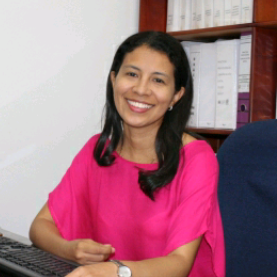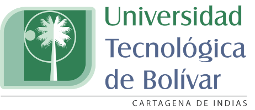UTB is a private, non-profit institution founded in 1970, and managed by the most important business associations in the region. We were the first university in the city to receive Institutional Accreditation. This is the highest-quality academic standards recognition awarded by the Colombian Government through the Ministry of Education.
UTB has approximately 7.500 students and more than 20.000 alumni. UTB is composed of six schools: Engineering, Economics and Business, Humanities and Social Sciences, Education, Basic Sciences and the School of Technical and Technological Education. The School of Engineering is the largest school at the UTB with 60 full- time teachers on staff and more than 3.000 undergraduate students enrolled in 11 degrees.
UTB’s main strength is its vocation as a teaching and research center for innovation and entrepreneurship. It gives strong academic support to the development of Cartagena and the Colombian Caribbean region. The university has forged strong relationships with local industry and enterprises. Thanks to these ties, UTB leads the local University-Business-Government Committee, (CUEE). This committee provides a platform for leaders from government, academia, and business to discuss and take action on scientific matters of regional importance.
A high portion of UTB´s students (75%) comes from low income families, and some are from displaced communities and vulnerable populations. This condition makes them more likely to drop out of university. The university student dropout rate was 9.7% from 2018-II to 2019-I. Women have a higher dropout rate for almost all degrees. To address this issue, in 2013 UTB created the Student Counseling Program. This initiative was designed to prevent dropouts and create strategies to maintain and enrich the expectations of our students (both personal and academic). Based on the need to identify risks that lead to dropouts, the university has created a system of monitoring and supporting students. Each school has their own professional counselor that guides and advises all students. The main idea is to guide them through the achievement of their goals and expectations, as well as to develop attitudes and skills that lead to better academic and personal performance. These actions are registered in the “Sistema de Alertas Tempranas” (Early Warning System), which operates through a virtual platform.
Researchers








